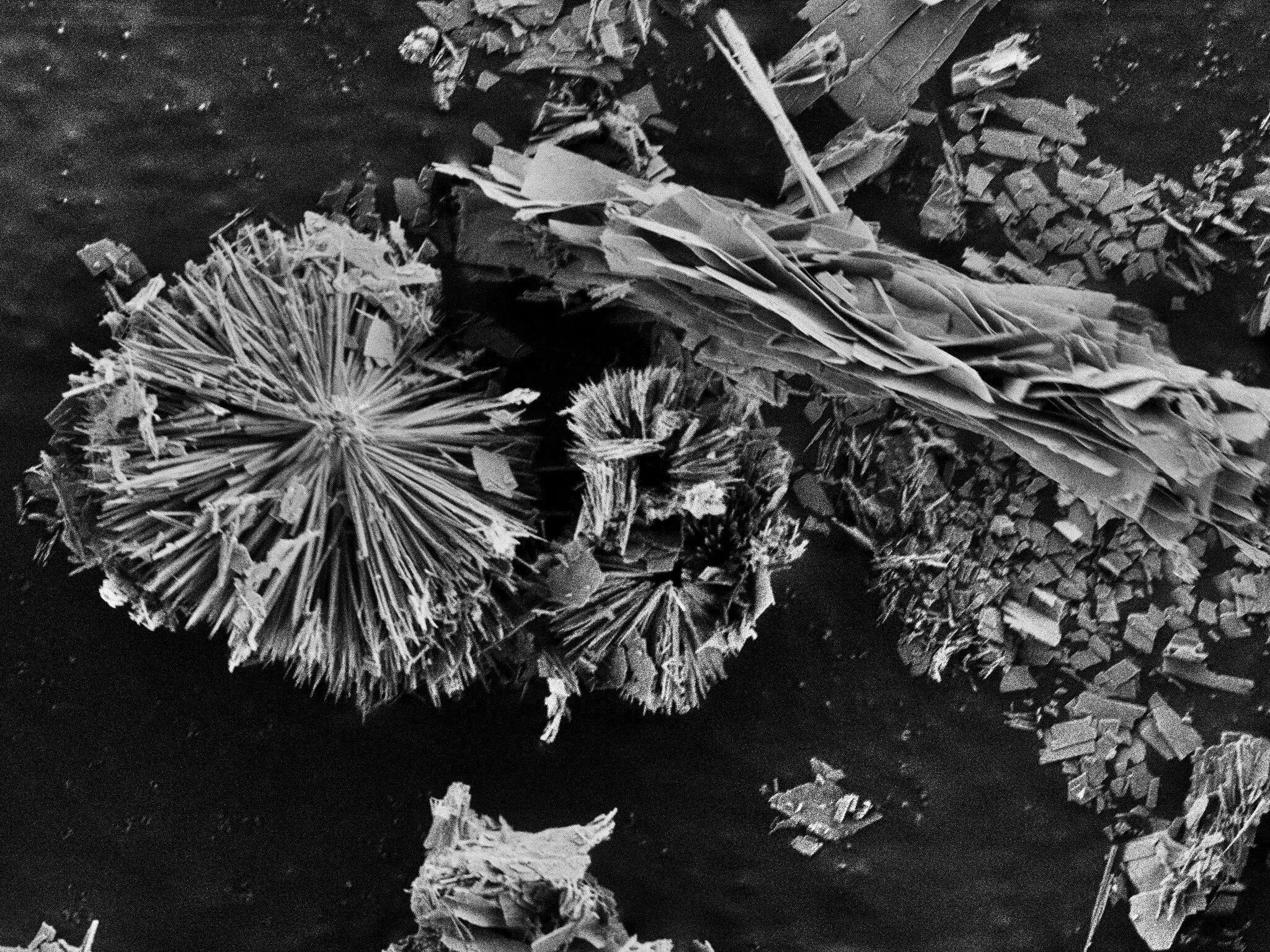MXenes are a class of materials that have recently gained attention for their potential in various applications. A team of researchers, led by HZB chemist Michelle Browne, has discovered that properly functionalized MXenes can serve as excellent catalysts for the oxygen evolution reaction in electrolytic water splitting. This breakthrough could pave the way for more stable and efficient catalysts compared to traditional metal oxide catalysts.
In the process of electrolytic water splitting to produce green hydrogen, catalysts play a crucial role in facilitating the oxygen evolution reaction. While nickel oxides have been considered as potential catalysts due to their availability and low cost, they have limitations such as quick corrosion in alkaline solutions and poor conductivity. This has hindered the development of efficient and affordable electrolyzers for hydrogen production.
MXenes, which are layered materials composed of metals like titanium or vanadium along with carbon and nitrogen, offer a new approach to catalyst design. These materials have a large internal surface area that can be utilized for storing charges or acting as catalysts. By chemically functionalizing MXenes with copper and cobalt hydroxides, the research team was able to improve the efficiency of oxygen evolution reactions significantly compared to pure metal oxide catalysts.
Through detailed analysis using techniques such as scanning electron microscopy, X-ray diffraction, and X-ray photoelectron spectroscopy, the researchers were able to understand why the functionalized MXene catalysts performed so well. The internal structure of MXenes, as revealed by measurements at the BESSY II X-ray source, demonstrated their potential for use in electrolyzers.
The collaboration between research teams from different institutions, such as Trinity College, Dublin, and the University of Chemistry and Technology, Prague, will continue to explore the possibilities of MXene catalysts in water splitting. Further chemical modifications and testing of these catalysts in practical electrolysis setups are on the horizon. The goal is to develop cost-effective and high-performance electrolyzers for green hydrogen production.
The discovery of MXene catalysts as efficient and stable catalysts for the oxygen evolution reaction in water splitting represents a significant step towards sustainable energy solutions. With ongoing research and development efforts, MXenes could play a crucial role in the transition towards a clean and renewable energy economy.

